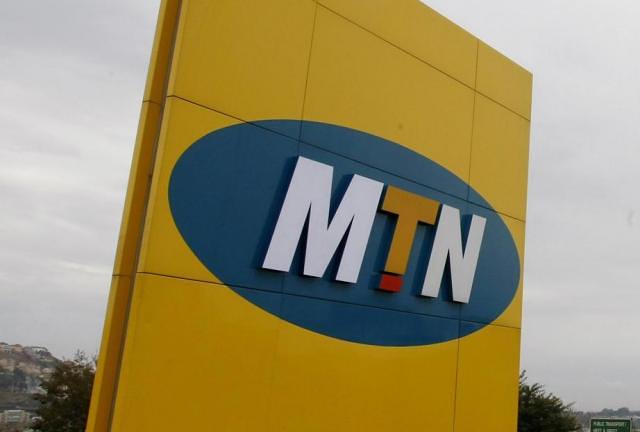The Executive Secretary and Chief Executive Officer of the Nigerian Content Development Monitoring Board (NCDMB), Simbi Kesiye Wabote, has given a new roadmap on his agency will change the narrative in the national loss of estimated $380 billion in 50 years from capital flight in all oil industry fabrication, engineering, and procurement.
In an interview with Business Hilights in Abuja, he said before the Nigeria Oil and Gas Industry Content Development (NOGICD) Act was signed into law in 2010, “all fabrication, engineering, and procurement were done abroad resulting in estimated capital flight of about $380 billion in 50 years”.
“Estimated job lost opportunities was in the region of two million. The narrative then was that nothing could be done in-country. The level of Nigerian Content was far less than 5 per cent as the focus was mainly on oil revenue.
He was however, excited to announce that “In fabrication, today, Nigeria can handle fabrication capacity of more than 60,000 tonnes. I personally went round to see these fabrication yards. Based on my findings, I can boldly say there is nothing we cannot fabricate in Nigeria”.
“In manufacturing, we have grown capacities such that all cables required in the oil and gas sector are all manufactured in Nigeria. Same for bolts, nuts and flanges fully certified to the required oil and gas industry standards for onshore and offshore projects.
“Assembly of offshore Christmas trees in-country never existed before. But these facilities are now available in-country in Onne (near Port Harcourt) and Calabar. We have developed a new infrastructure for integration of Floating Production Storage and Offloading (FPSO) on the back of Egina Project. The facility will be used for integration of Egina FPSO, which has production capacity of 200,000bbl/day and holding capacity for 2.3 million barrels of oil. This is a first in this country.
Continuing, Wabote noted that “Over time, these were found to be detrimental to the economy thus leading to government efforts to stem the tide. To give legal backing to the directives and provide an all-encompassing framework for the development of Nigerian Content, the NOGICD Act was enacted in 2010”.
“Under the Act, the board’s mandates can be broadly classified into two: First is to develop capacity of local supply chain for effective and efficient service delivery to the oil and gas industry, without compromising standards, and secondly, to implement and enforce the provisions of the NOGICD Act 2010.
However, he revealed that “Since the inception of NCDMB, we have been consistent in promoting the development and enforcement of local content implementation in the oil and gas industry leading to some key achievements and I will like to mention some of them”.
“Before the Act, we had annual spend of $20 billion with little or nothing retained in-country. Today, I can confidently say that we spend $5 billion in-country every year. Before 2010, we targeted four pipe mills; today, we have two world-class pipe mills and five impressive pipe coating yards.
“Before 2010, only 3 per cent of marine vessels were Nigerian owned; today, Nigerians control and own 36 per cent of vessels used in the oil and gas industry. We had no active dry-dock facilities. The few we had were abandoned and left to rot away. Today, we have four active dry docking facilities for vessels – one each in Port Harcourt and Onne and two in Lagos. Over 35,000 jobs have been created on the back of implementation of the Act.









